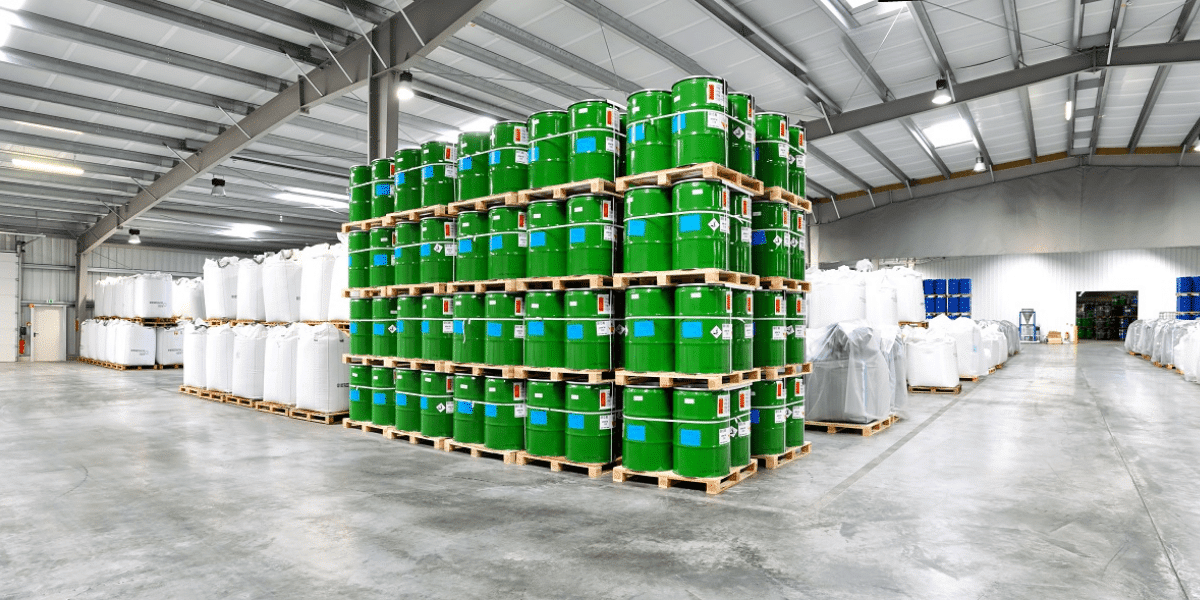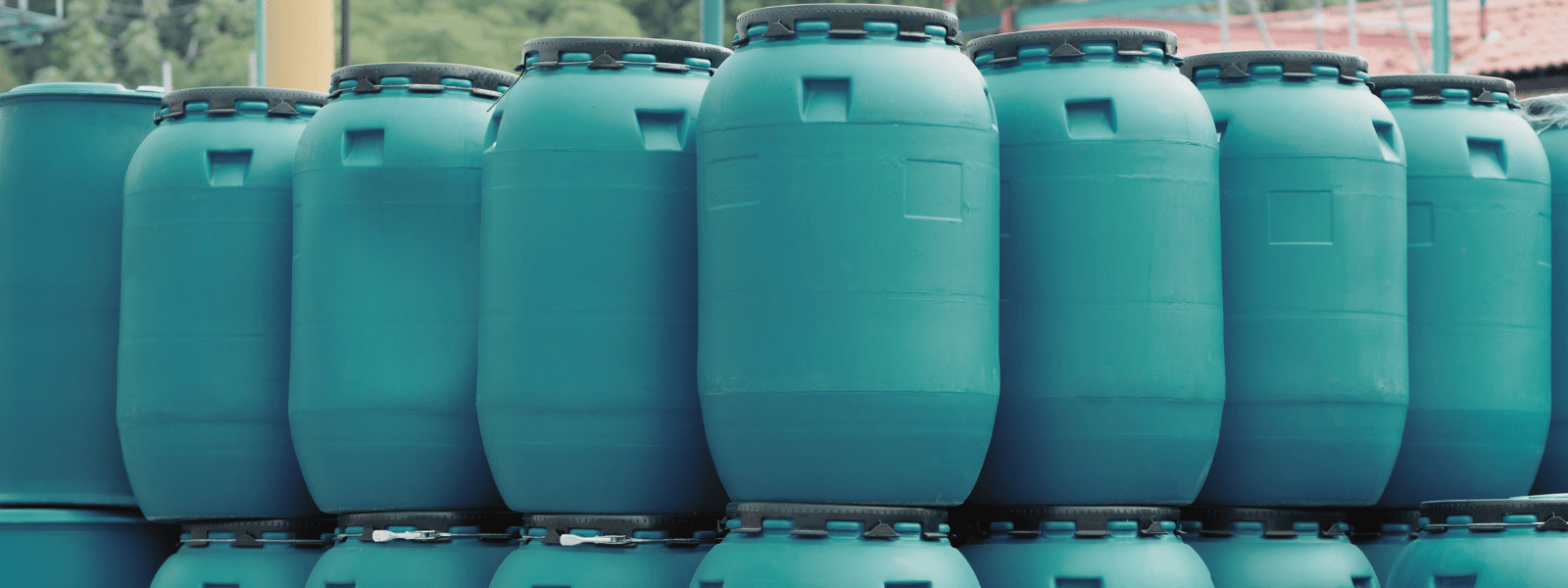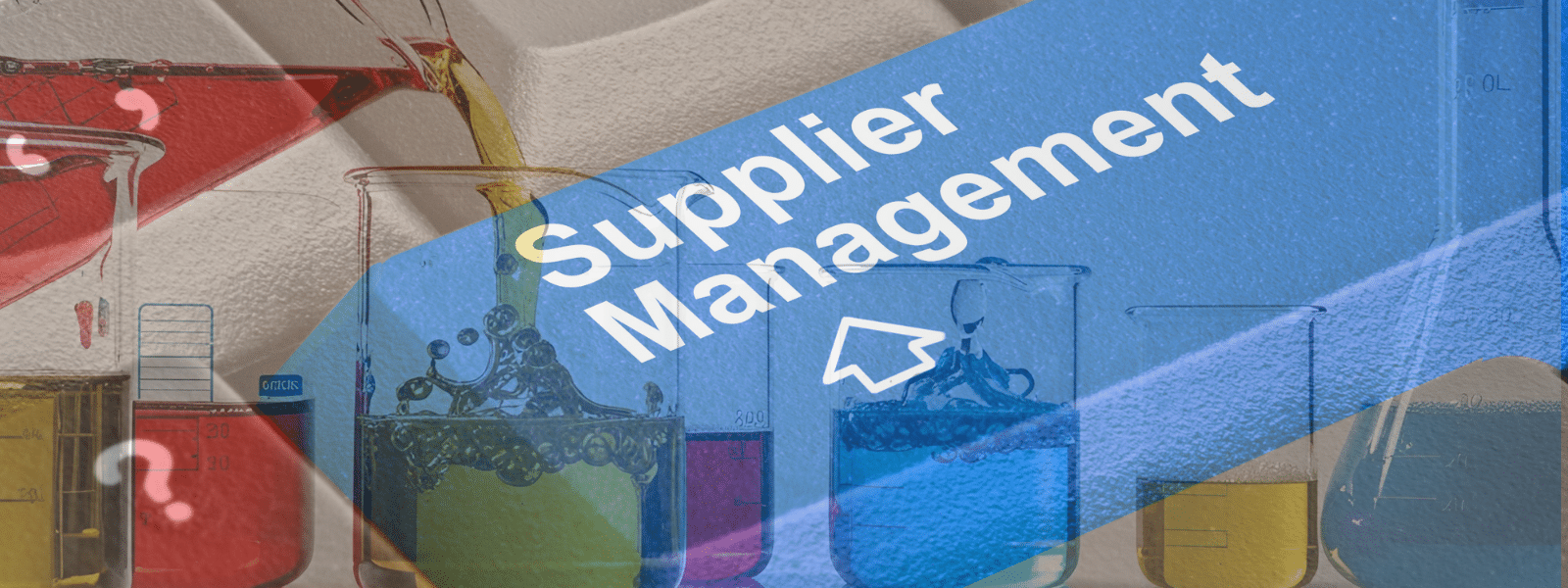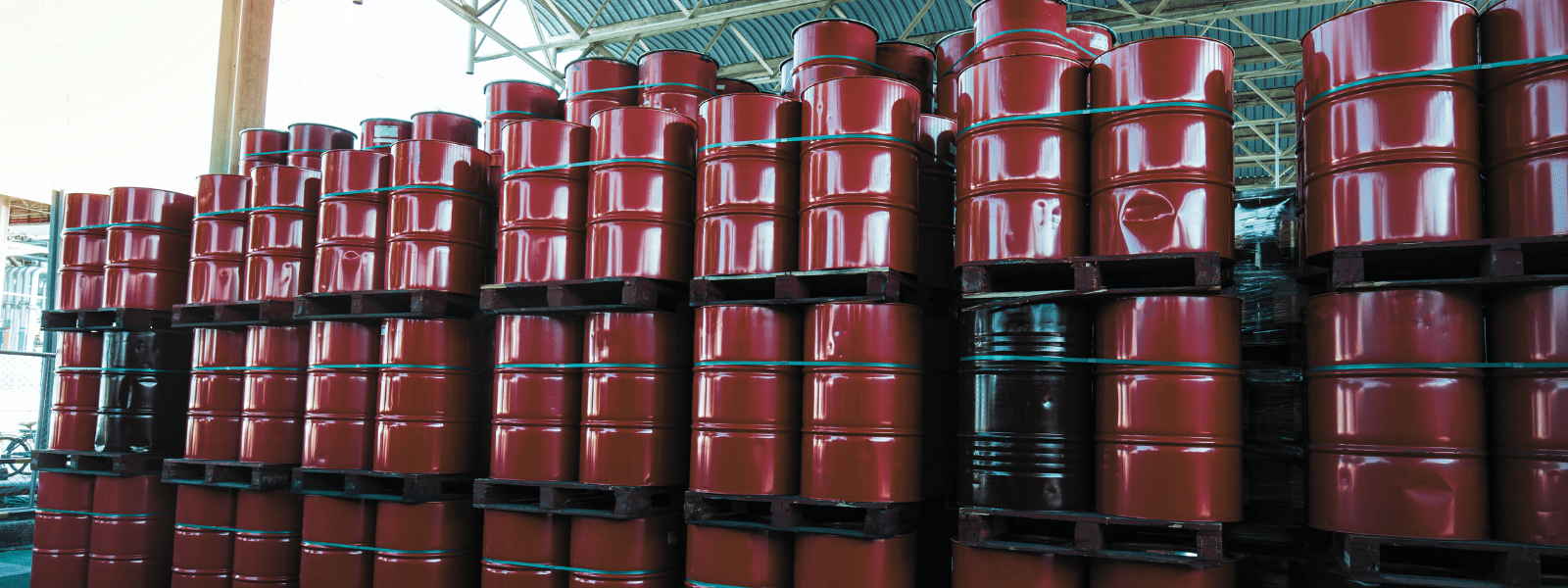As safety and sustainability become more prioritized in the chemical industry, many are looking to replace their more harmful chemicals with safer and cleaner alternatives. Two chemicals that have become a bit of a hot topic in this area are trichloroethylene (TCE) and n-propyl bromide (nPB). Although they are effective in their applications, they are also extremely toxic. Inside this blog, we will explain their toxicities as well as a safe replacement for TCE and nPB!
The Problems with TCE and nPB
TCE and nPB are industrial cleaners and degreasers that have become popular due to their high effectiveness, and versatility in many different uses. However, as mentioned above, both are highly toxic. This toxicity greatly compromises both the health of humans and local ecosystems.
For workers handling these chemicals, brief exposure can cause minor symptoms like dizziness and nausea. Continuous exposure, on the other hand, can lead to more fatal conditions such as cancer and reproductive damage.
There is a large incentive to find a safe replacement for these chemicals to ensure the safety of workers who have to handle them daily. However, due to their wide range of uses, the solution is not necessarily as simple as finding a “one size fits all” replacement.
Replacing TCE and nPB
Identifying the best replacement will depend on the application. What might work best in electronics cleaning might not also be the best for cleaning metal parts. Choosing the right solvent will involve identifying the surface you want to cleanse and the elements you want to wash away.
Nevertheless, there are some general trends that most replacements follow. While these are by no means universally true, most replacement solvents have the following properties:
- Lower boiling points than TCE and nPB, meaning savings on energy costs
- Higher recyclability, meaning savings on material costs
- Lower toxicity and/or volatility, meaning savings on ventilation and filtration costs
In addition to those, these chemicals also typically exhibit greater environmental friendliness and have a lower impact on local ecosystems.
All in all, although replacements for TCE and nPB might cost more pound-per-pound, they typically save more in the long run by reducing costs in other areas. A safe replacement for these substances that we highly recommend is Ecolink 4005 Non-Flammable Solvent. This product is designed as a specific replacement for these chemicals, but it is also compatible with a multitude of surfaces!
Want To Learn More?
Then look no further than us here at Ecolink! In addition to our 4005-non-flammable solvent, we provide a variety of eco-conscious and high-quality products for your industrial needs! If you are interested in this solvent or any others you might need, you can look through our chemicals here. Contact us today for more information, we are here for you!















